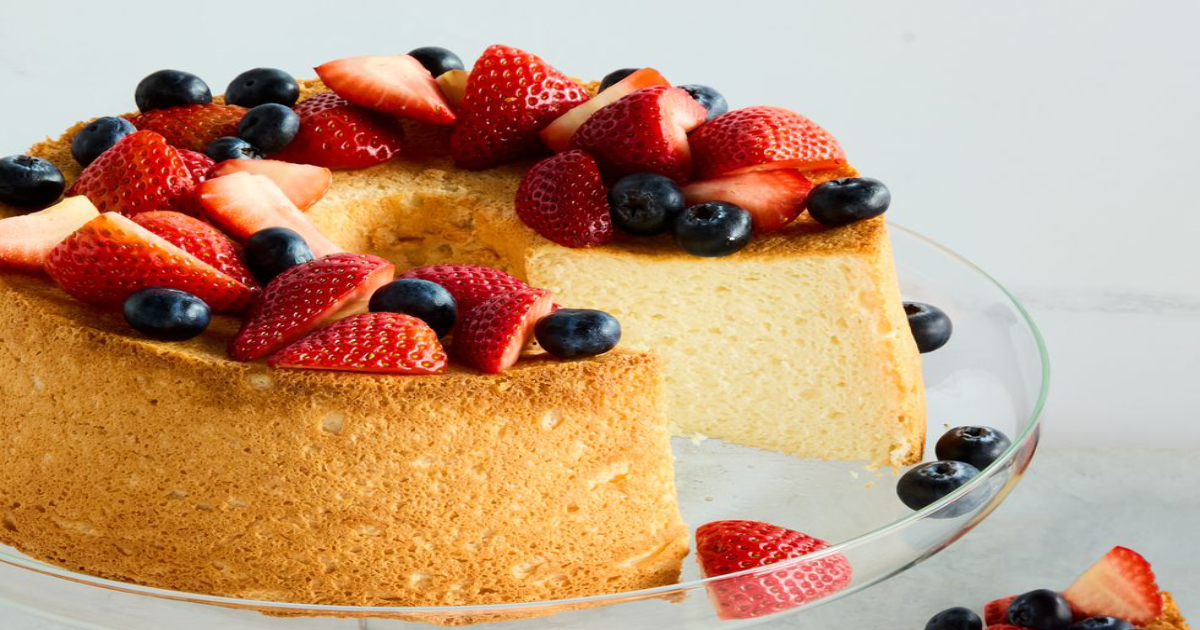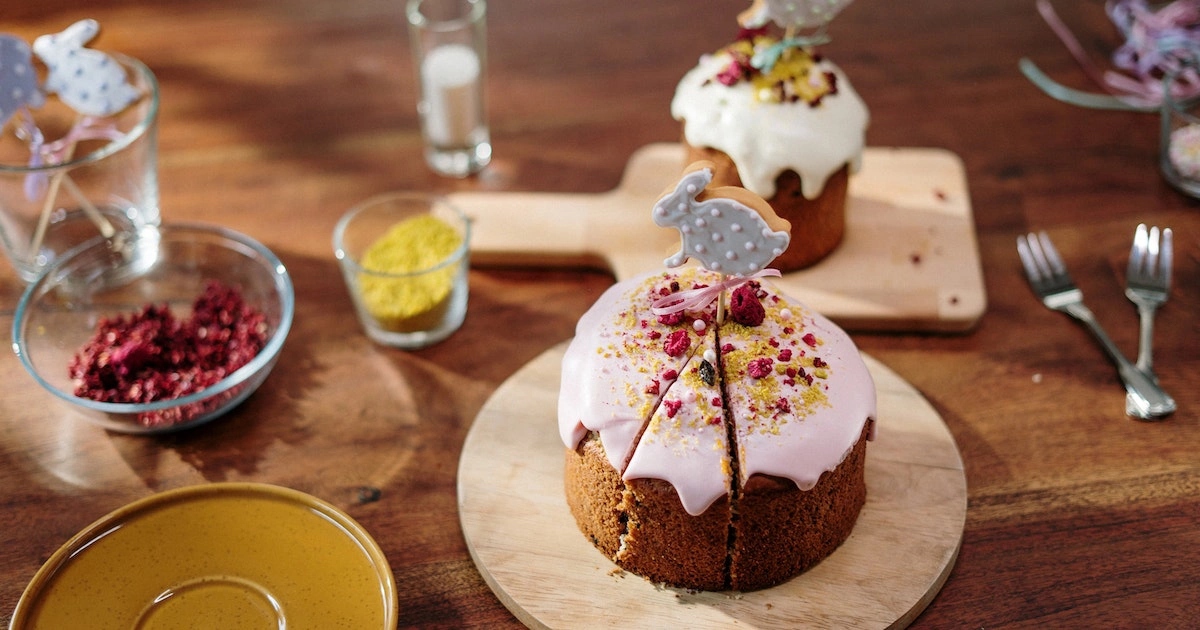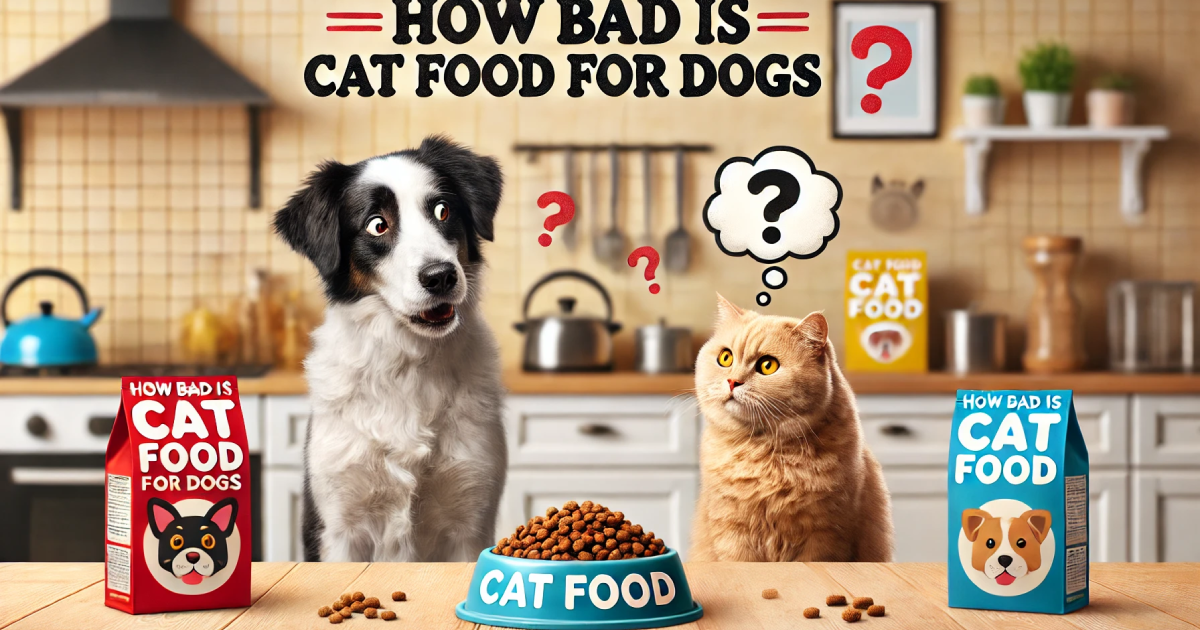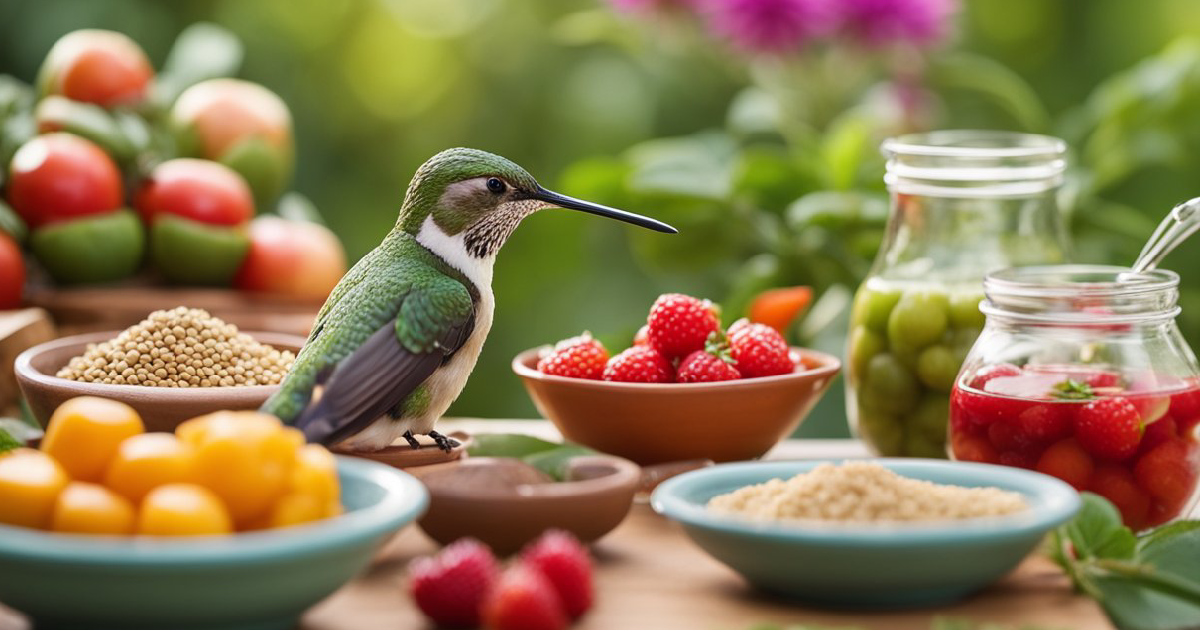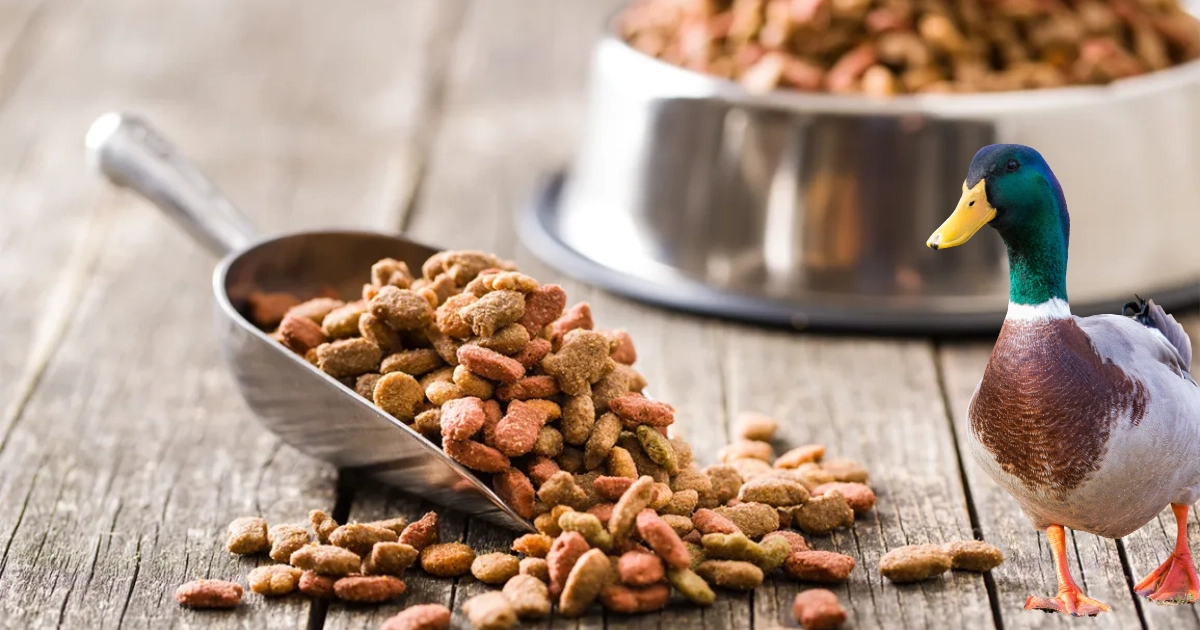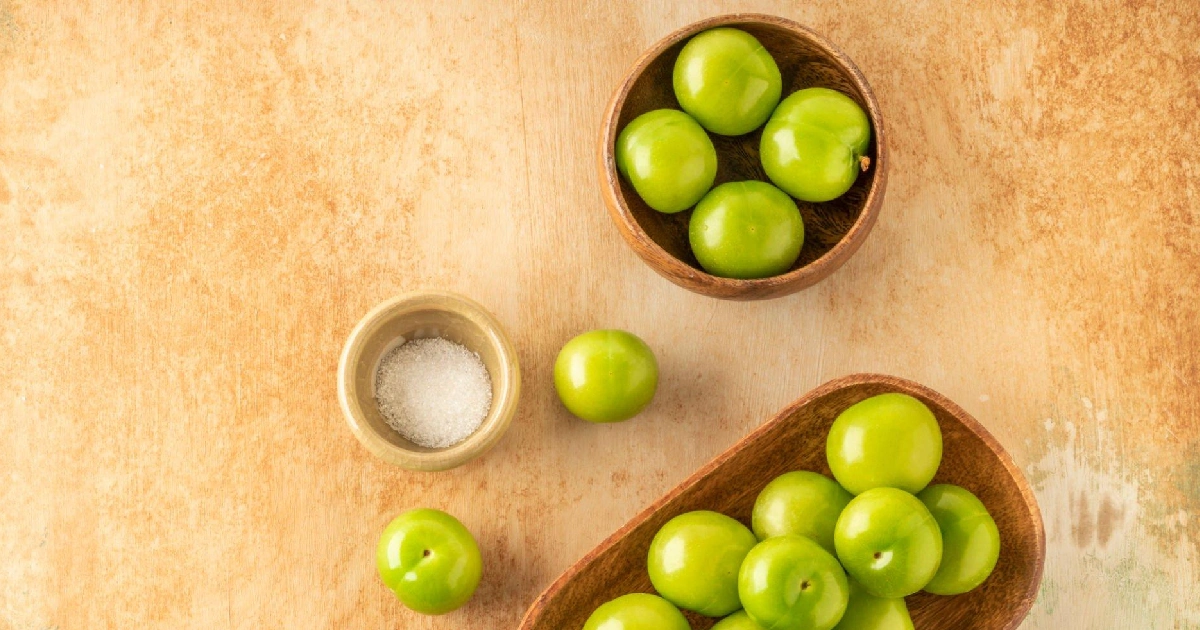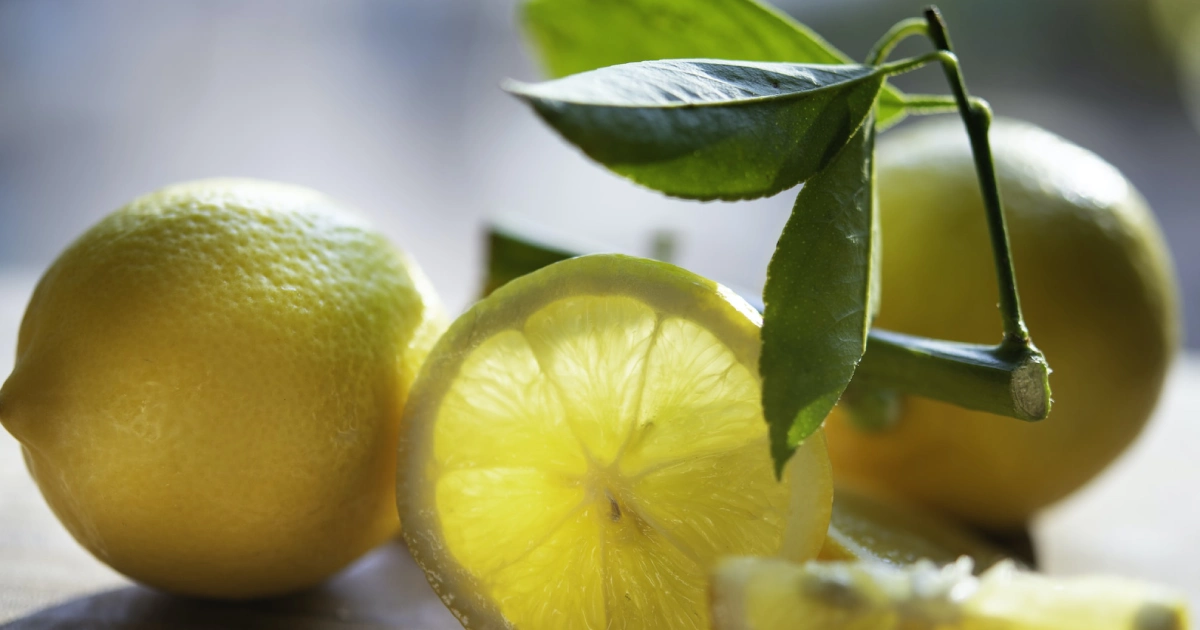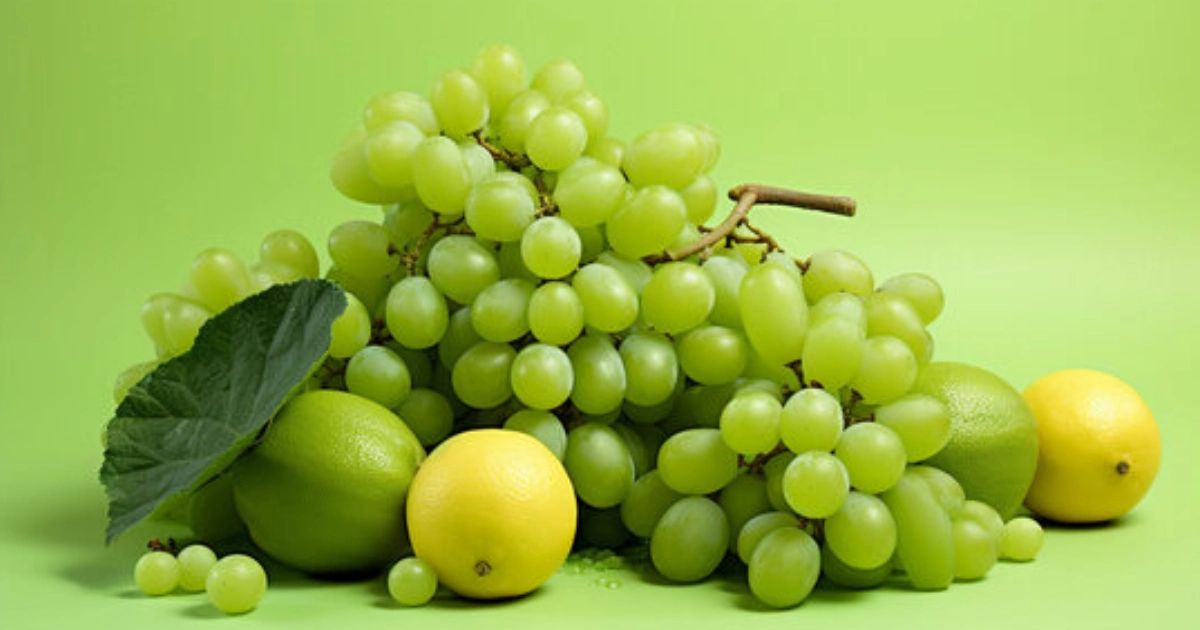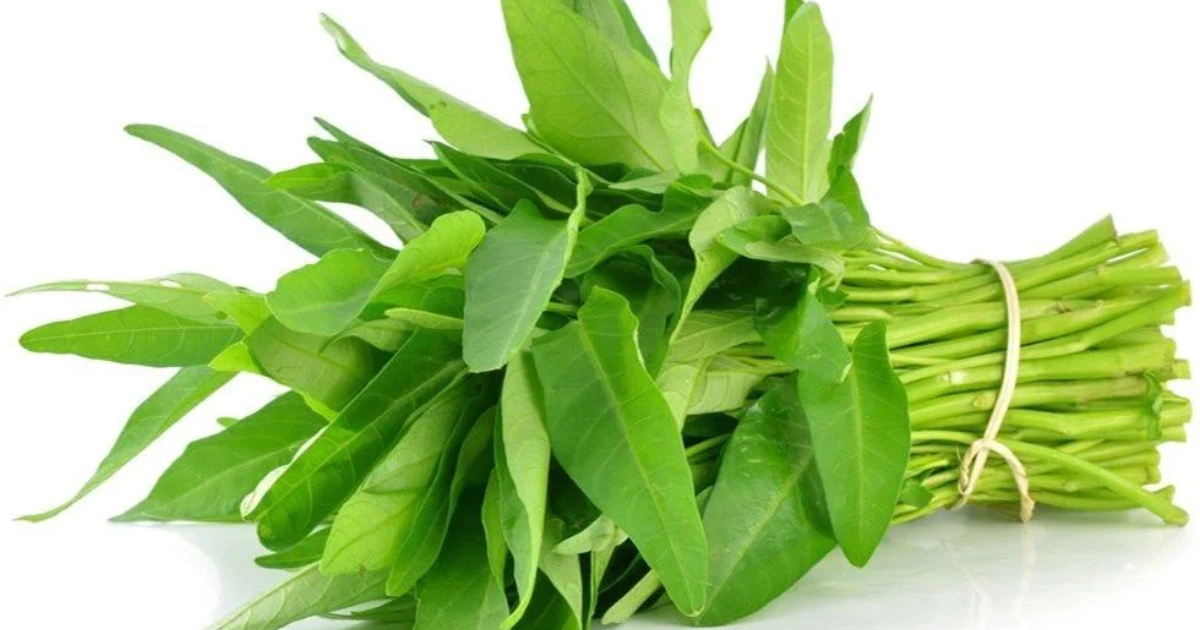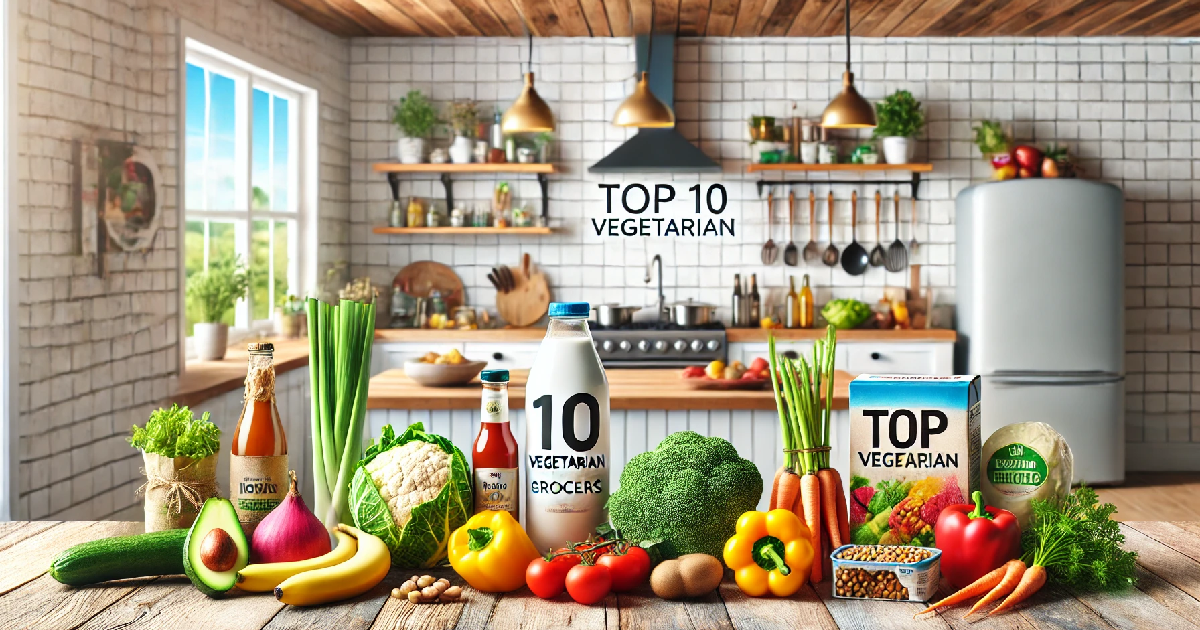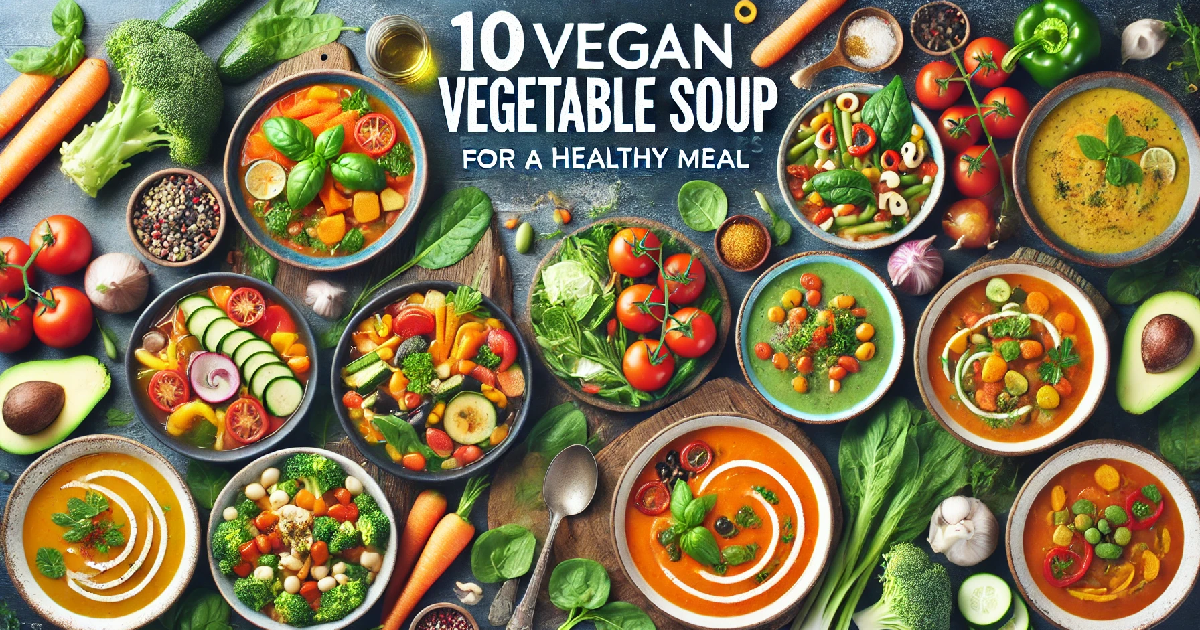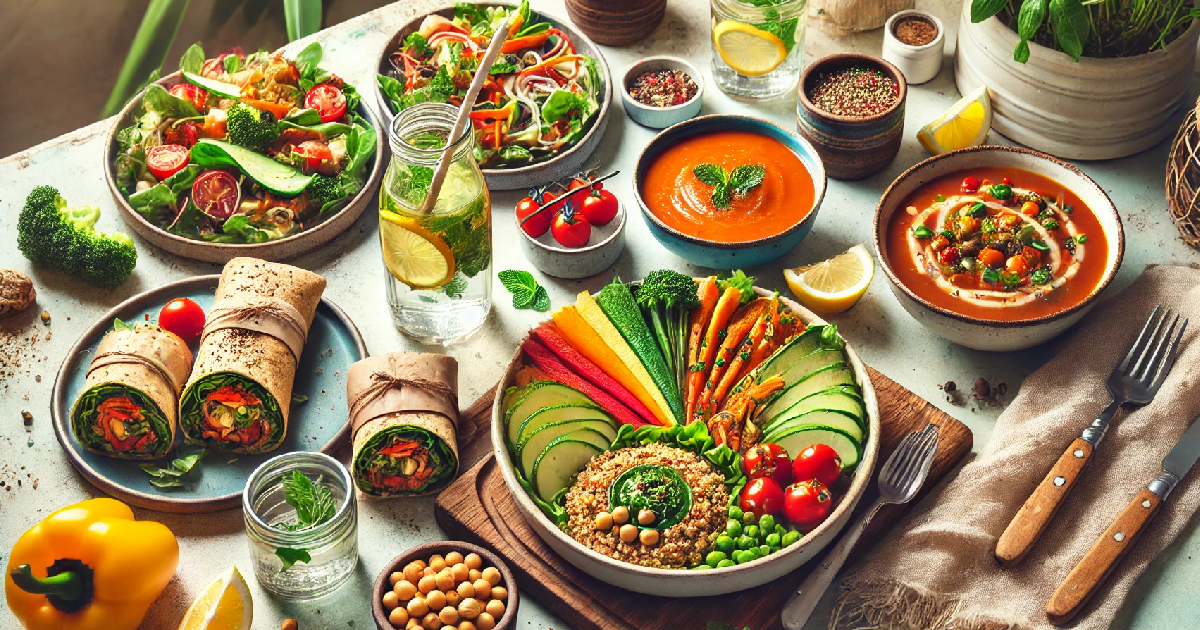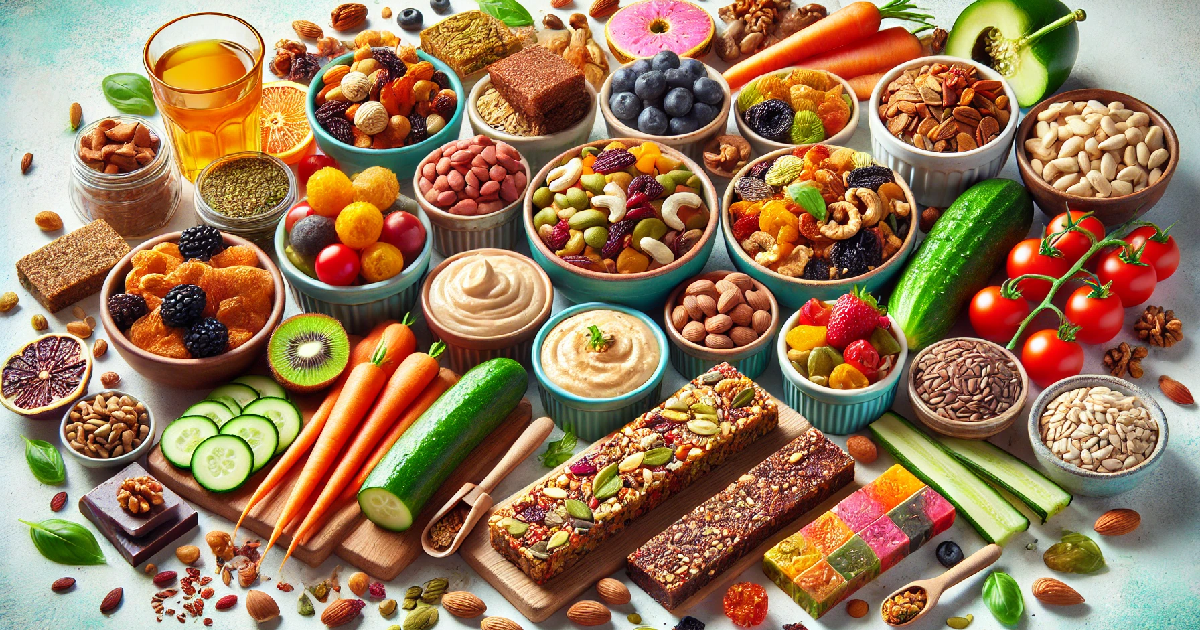Discover which foods help decrease bloating and improve digestion. Learn the nutritional benefits of adding these gut-friendly foods to your diet, plus tips for preparing and eating them.
Blog Introduction:
Bloating can be an uncomfortable and frustrating experience. It can result from various reasons, such as consuming certain foods, overeating, and digestive disorders. However, you can relieve digestive discomfort and alleviate bloating by selecting and incorporating specific foods into your diet. These foods are excellent at promoting proper digestion and improving bowel movements. In this blog article, we’ll share some foods that help digestion and reduce bloating.
What Is The Main Cause Of Bloating?
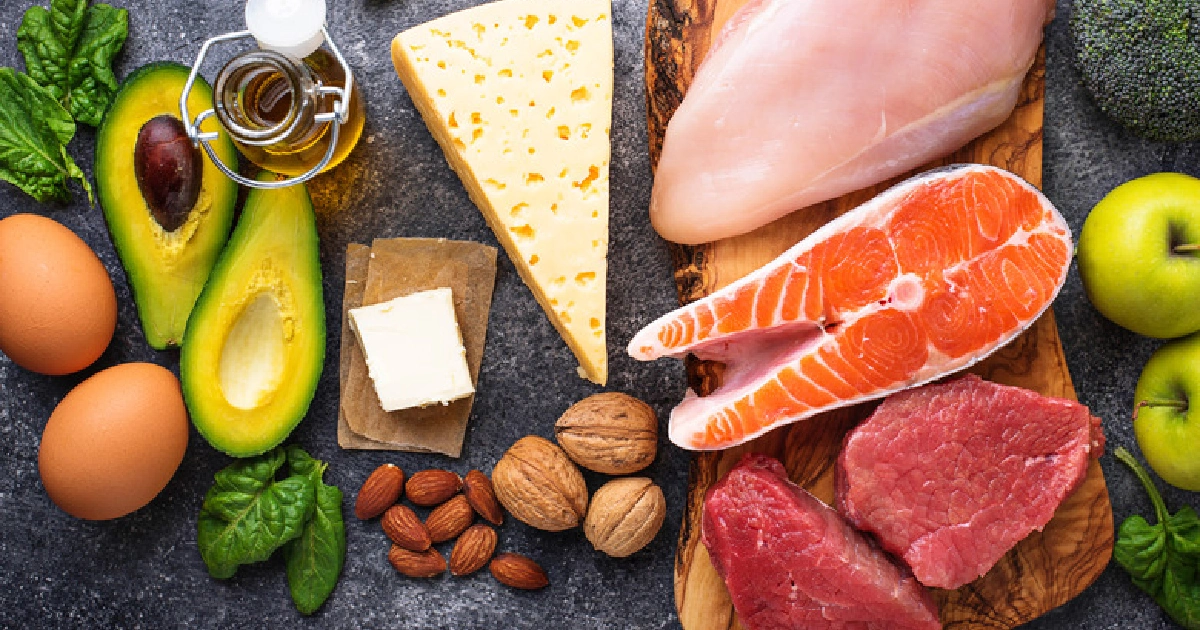
Food that causes bloating, many factors can play a role. Common culprits include food intolerances, lactose intolerance, irritable bowel syndrome (IBS), overeating or eating too quickly, high-fat foods, and swallowing air. In contrast, you eat or drink a sedentary lifestyle without enough physical activity and stress. Eating foods that cause gas, such as broccoli or beans, can also lead to bloating.
Certain medications can cause bloating. These include diuretics, antidepressants, non-steroidal anti-inflammatory drugs (NSAIDs) and narcotic pain medicines. In addition, hormonal changes during menstruation can contribute to the feeling of being bloated.
Suppose you believe that an underlying disease, such as irritable bowel syndrome, is the cause of your bloating. In that case, speaking to your doctor or healthcare provider about possible treatments and preventive measures is important.
What Are The 5 Signs Of Bloating?
Bloating can be uncomfortable and perplexing, causing your abdomen to feel distended and full. Understanding bloating signs can help you promptly identify and address this pesky condition. Here are five telltale signs to watch out for:
- Abdominal Distension: The first sign of bloating is a noticeable increase in the size of your abdomen. It might feel swollen or tight as if it ingested excessive air or swallowed a balloon. A feeling of fullness often accompanies this bloating.
- Excessive Gas: Gas in the stomach is a common culprit behind bloating. When digestion and fermentation processes produce more gas than your body can efficiently expel, it leads to abdominal discomfort. You may experience frequent belching or passing gas as your body attempts to release this excess gas.
- Uncomfortable Sensations: Bloating often comes with uncomfortable sensations in the abdomen. This may manifest as pressure, tightness, or even mild pain. These sensations may intensify after meals or throughout the day, causing considerable distress.
- Changes in Bowel Movements: Bloating can disrupt your digestive rhythm, resulting in irregular bowel movements. You may experience constipation or diarrhoea, further exacerbating abdominal discomfort. Pay attention to any noticeable changes in your bowel habits.
- Cramping and Discomfort: Bloating can accompany cramping and general discomfort in the abdominal region. These sensations might be light or strong, causing disruptions in your daily activities and overall well-being.
Foods That Reduce Bloating| Anti-Bloating Foods
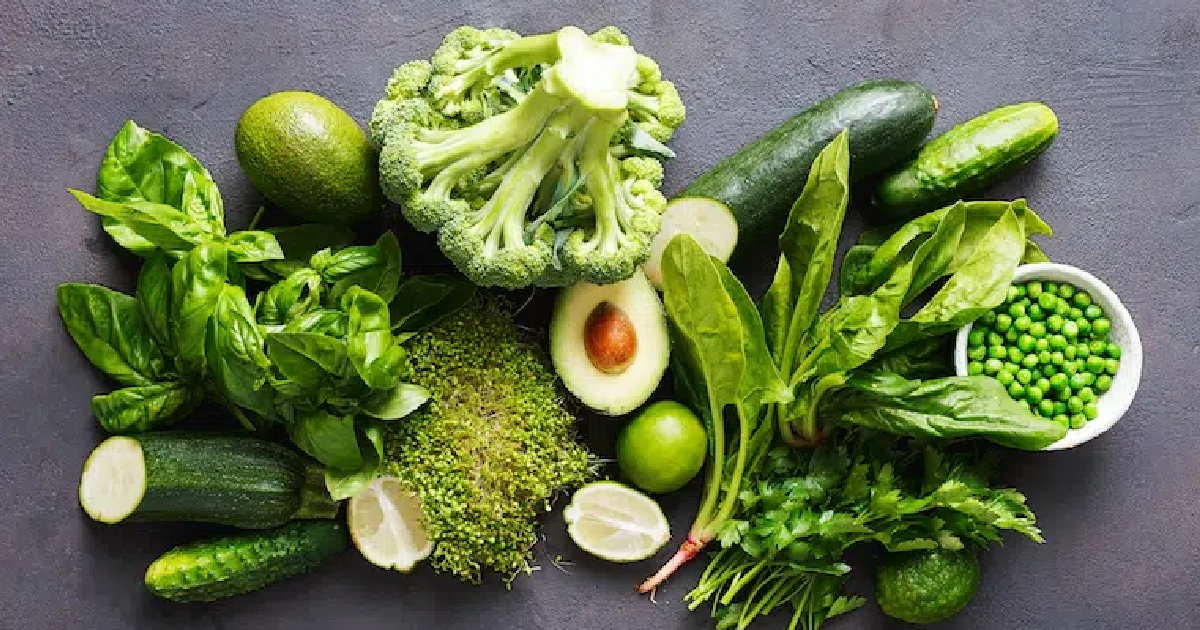
Ginger
Ginger is a potent anti-inflammatory food that reduces inflammation in the gut lining, aids digestion, and speeds up bowel activity. It helps break down food molecules and expels gas from the digestive system. You can incorporate fresh or ground ginger into your diet by adding it to smoothies, marinades, or soups.
Papaya
Papaya is an excellent food to decrease bloating. It has papain, a digestive enzyme that aids in effectively breaking down protein. Additionally, papaya has high fibre content, which supports healthy bowel movements. You can include papaya in your diet by consuming it as a fruit or adding it to a salad.
Cucumbers
Cucumbers are high in water content, making them an excellent hydration source. They also have anti-inflammatory properties that assist in reducing inflammation in the gut. Cucumbers are low in calories, making them an ideal weight-loss snack. You can include cucumbers in your diet by adding them to a salad or consuming them as a snack.
Pineapple
Pineapple is another tropical fruit that contains digestive enzymes such as bromelain, which aids in digestion and reducing inflammation. It has both an alkalizing and anti-inflammatory effect on the digestive tract. You can incorporate pineapple into your diet by adding it to a fruit salad or consuming it as a juice.
Yoghurt
Yoghurt contains bacteria called probiotics that promote gut health and proper digestion. Probiotics aid in breaking down food, reducing gas and inflammation. Ensure to purchase plain yoghurt with live and active cultures instead of sweetened varieties. Yoghurt is a tasty treat that you can also include in smoothies.
Peppermint
Peppermint is an excellent option for bloating relief because of its relaxing effects on the digestive system. Sip on peppermint tea or use fresh mint leaves in your dishes.
Cranberry Juice
Natural diuretics like cranberry juice might aid in removing extra water and easing bloating. Opt for unsweetened cranberry juice for the best results.
Oatmeal
Oatmeal is an example of a fibre-rich diet that can control bowel motions and avoid constipation, which can increase bloating. It is a cosy way to start the day.
Chamomile
Chamomile tea has anti-inflammatory properties that can soothe bloating and ease stomach discomfort. Sip on a warm cup before bed for relaxation.
Fennel
For centuries, fennel seeds have been used as a home treatment for bloating and other digestive problems. Chew on a few seeds or brew fennel tea.
How To Reduce Bloating Naturally?
Bloating can cause discomfort and even distress for many people. While it’s a natural process in the body, it can become annoying when it occurs too frequently. Often bloating is caused by the buildup of gas in the stomach, which can cause the stomach to feel distended. But fear not; reducing bloating can be done naturally! Many remedies include drinking water, eating slowly, and avoiding carbonated beverages.
Additionally, anti-inflammatory foods, like ginger or peppermint, can help soothe the digestive system and reduce bloating. And while we all love garlic and onions, reducing their intake can also help alleviate bloating. Remember that we should always consult a doctor if bloating is persistent or severe.
What Relieves Bloating Fast?
Bloating can be an unpleasant sensation that many people experience after eating. Thankfully, several all-natural treatments can reduce bloating swiftly. Incorporating specific juices into your diet is an effective way to relieve bloating fast. The best juice for bloating is known as the “debloat” juice, which typically consists of ginger, lemon, cucumber, and aloe vera. These ingredients reduce inflammation in the gut and aid in digestion, which can help alleviate bloating. Other juices that help with bloating include pineapple juice, which contains bromelain, an enzyme that aids in healthy digestion, and peppermint tea, Which can reduce gas and calm the muscles in the digestive tract. Adding these juices to your diet can provide natural relief for bloating.
Lime And Cucumber Water Benefits
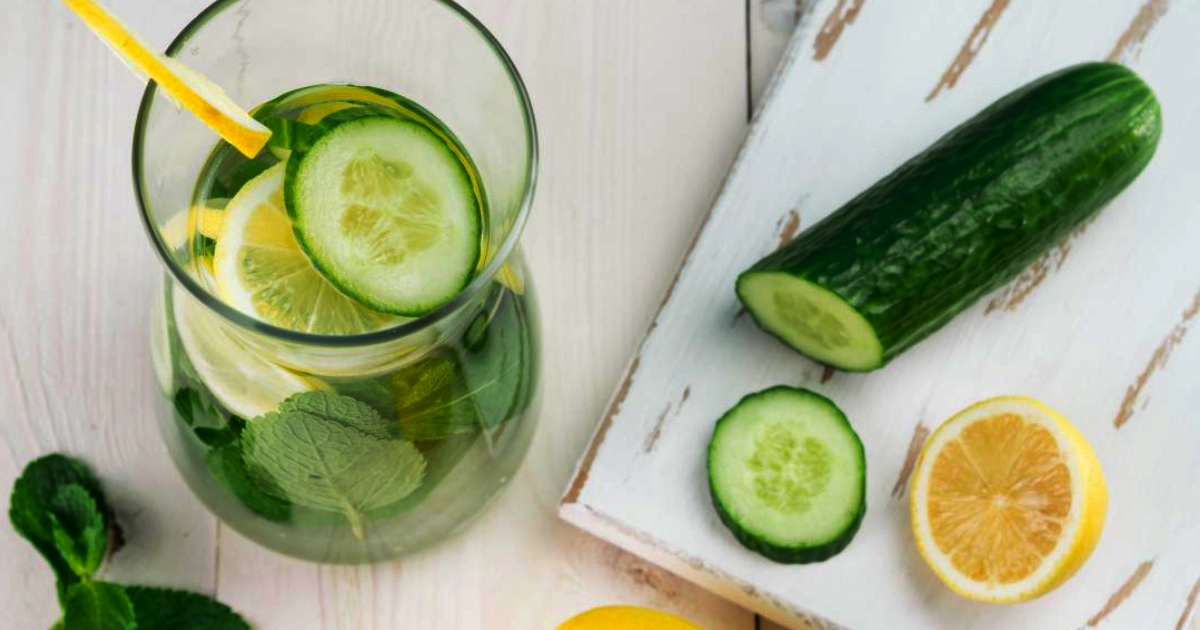
Cucumber water has been all the rage for some time now, and it’s not hard to see why. This refreshing drink provides numerous health benefits, from boosting hydration to aiding digestion. But did you know that adding a splash of lime to your cucumber water can amplify its benefits? Adding a squeeze of lime adds a burst of flavour and its unique benefits, such as aiding in weight loss and providing antioxidants. The benefits of both cucumber and lime make for a powerful combination in one delicious and healthy drink. So, next time you’re reaching for a glass of water, consider trying cucumber and lime water – your body will thank you!
Why Do Peanuts Make Me Bloated?
You’re not alone if you’ve ever experienced bloating after consuming peanuts. Peanuts are known to cause gas and bloating in some people due to their high content of fibre and oligosaccharides, which can be difficult for our bodies to digest. Additionally, peanuts are often roasted and salted, which can exacerbate symptoms. However, it’s important to note that not everyone experiences these digestive issues after eating peanuts. If peanuts consistently cause discomfort, limit or avoid them in your diet and speak with a healthcare professional for further guidance.
What Are 5 Foods To Avoid Bloating?
Struggling with bloating can be a real pain, but thankfully certain foods can help alleviate that discomfort. On the other hand, certain foods can contribute to bloating and should avoid. One easy way to debloat your diet is by incorporating more debloating greens like spinach, kale, and arugula into your meals. These leafy greens are packed with fibre, which helps promote healthy digestion and can prevent bloating. Other foods to avoid include processed and fried foods, carbonated drinks, beans, and dairy products. By avoiding these foods and incorporating more debloating greens into your diet, you’ll be one step closer to feeling more comfortable and confident in your own skin.
Do Bananas Help Bloating?
Bloating is common for many individuals, causing discomfort and often leading to feelings of embarrassment or self-consciousness. While a variety of remedies are available, a simple and effective solution may already be sitting in your fruit basket. Bananas, a potassium-rich fruit, have been found to help reduce the uncomfortable symptoms of bloating. The potassium in bananas works by counteracting the effects of sodium, which can lead to water retention and bloating. Additionally, bananas contain fibre which aids in digestion and helps regulate bowel movements, further reducing bloating and discomfort. So next time you feel bloated, reach for a banana and enjoy its naturally sweet and satisfying taste while experiencing its bloating-fighting benefits.
Does Milk Cause Bloating?
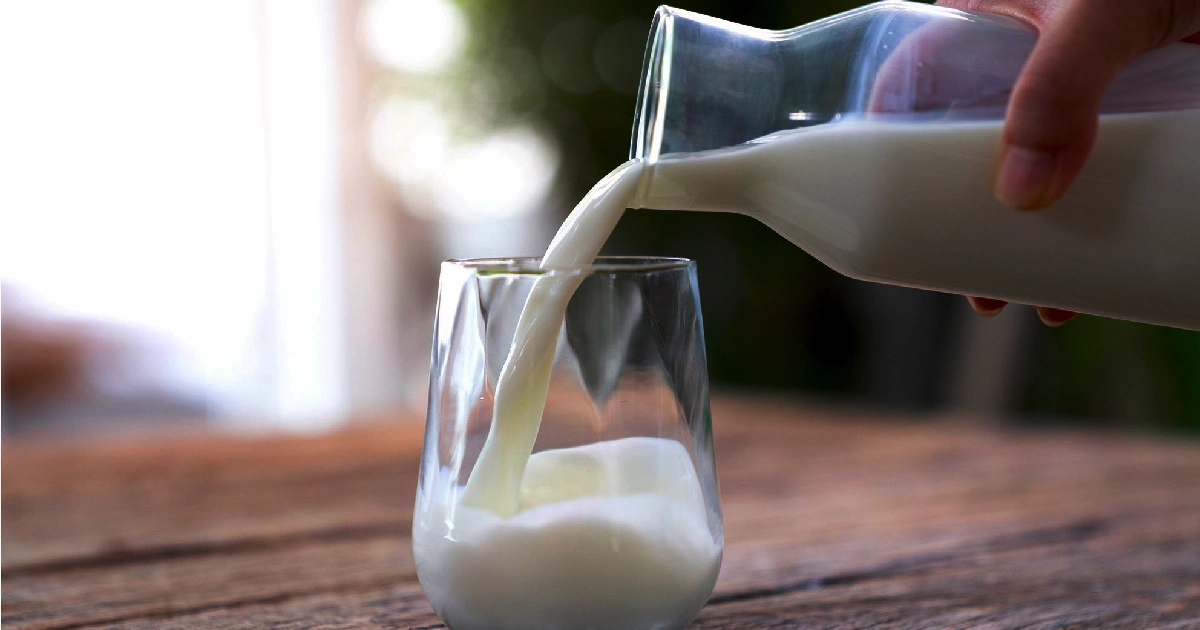
Milk is a staple for many individuals and is known to provide many health benefits. However, some people often experience bloating and discomfort after consuming milk. This is because milk contains lactose, a sugar that can cause gas accumulation in the stomach. People who are lactose intolerant are particularly susceptible to bloating as their bodies lack sufficient lactase, the enzyme necessary to break down lactose. While not everyone experiences bloating after consuming milk, those who do may want to consider alternatives such as lactose-free or non-dairy milk.
Conclusion:
Bloating can be prevented by maintaining proper dietary habits and consuming foods that aid digestive health. With the help of these foods, you can reduce inflammation in your gut, improve bowel activity, and break down food more effectively. Try incorporating a combination of ginger, papaya, cucumbers, pineapple, and yoghurt into your regular diet, and You’ll experience less bloating, better overall health, and improved digestion. Remember, taking care of our digestive system by ingesting healthy meals is important because maintaining a proper diet can enhance both physical and mental health.


